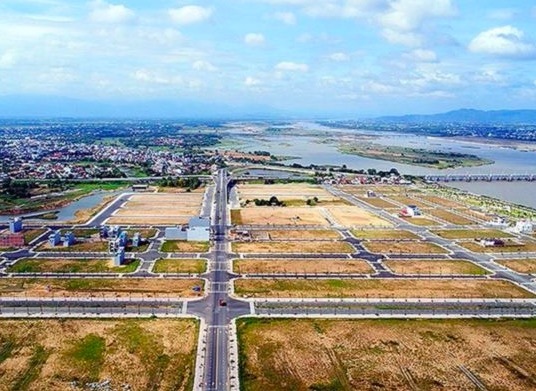Homogenous hospitality
Homogenous hospitality
Despite Vietnam’s great potential in the hospitality sector, diversification of services is needed if the country hopes to live up to expectations, according to experts.
Nigel Harris, chief growth officer at Onyx Hospitality, commented that the rapid growth and rise of the middle class is a major development, especially in the Asia-Pacific region. This is driving urbanisation and the emergence of megacities. According to studies, more than 55 per cent of Vietnam’s population will be living in cities within a decade.
“The increase in population density will lead to escalating land prices and affordability issues. We will increasingly see smaller unit s and more attention paid to smart design and space utilisation,” said Harris.
Another trend is the need to serve millennials, a challenge and an opportunity for hoteliers. Millennials are usually health-conscious and environmentally aware.
In addition, advances in technology will see biometric recognition, virtual reality, and robotics all finding roles in the industry. New technology will increase operating efficiency, as hotels will increasingly rely on automation, biometric identification, and driverless transport.
Vietnam’s tourism sector has much more room for development, but is also facing many challenges.
According to Kenneth Atkinson, executive chairman of Grant Thornton Vietnam, Vietnam’s tourism sector is now considered underfunded, a growing industry with inadequate capital for promotion and marketing.
The country’s budget for tourism promotion is currently $2 million per year, compared to $200 million and $105 million for Indonesia and Malaysia, respectively.
The country also has a visa policy which is seen as less attractive than those of many other countries in the region. Vietnam is offering visa exemptions for only 24 countries, compared to 162 countries in Malaysia and 57 countries in Thailand.
The industry also faces other challenges, such as a lack of trained industry professionals, poor control over safety and environmental management at tourist destinations, and air traffic constraints.
Ahmed Mobashshir, director of Bricsa Consulting, which organised the Global Hotels and Resorts conference held in Ho Chi Minh City last week, said that Vietnam has a strong geographical location in Southeast Asia, with half of the land surrounded by coast and most of the region within a tropical habitat.
“Vietnam, as a tourist destination, is supported by strong market fundamentals – rich cultural offerings, diversity of destinations, relative safety and security, increasing international and domestic tourism demand, strong investment potential, and its geographical location,” Mobashshir said.
In Southeast Asia, especially in comparatively less developed tourism markets like Vietnam, connectivity and language barriers have been major challenges in terms of global tourism development in the past. However, the prospects of growth and development in the last couple of years speak volumes.
“This is because young Vietnamese have embraced the changes that have come with the onset of globalisation, which is one of the reasons for the compound growth of tourism by nearly 50 per cent in the last few years,” Mobashshir told VIR.
Vietnam’s tourism market boasts high demand as well as supply, so growth is expected to soar for the next decade.
“There are many areas that need to be covered, and investments through bilateral trade agreements and foreign direct investment need to materialise to support the growth,” Mobashshir added.
In the World Economic Forum’s Travel and Tourism Competitiveness Index 2015 ranking, Vietnam stood at 67th position in 2017, compared to 75th in 2015 and 89th in 2009.
The country, which already boasts exceptional natural and cultural resources, has significantly benefited from improvements to its human resources and labour market.
With a 62 per cent occupancy rate and 82 per cent of tourists being international travellers, Vietnam’s hotel and resort industry offers huge potential for tourism revenue.
Hotel and resort performance this year has been strong, especially in Hanoi and Ho Chi Minh City, where occupancy growth has been outstanding with levels averaging 81 and 73 per cent, respectively.





















